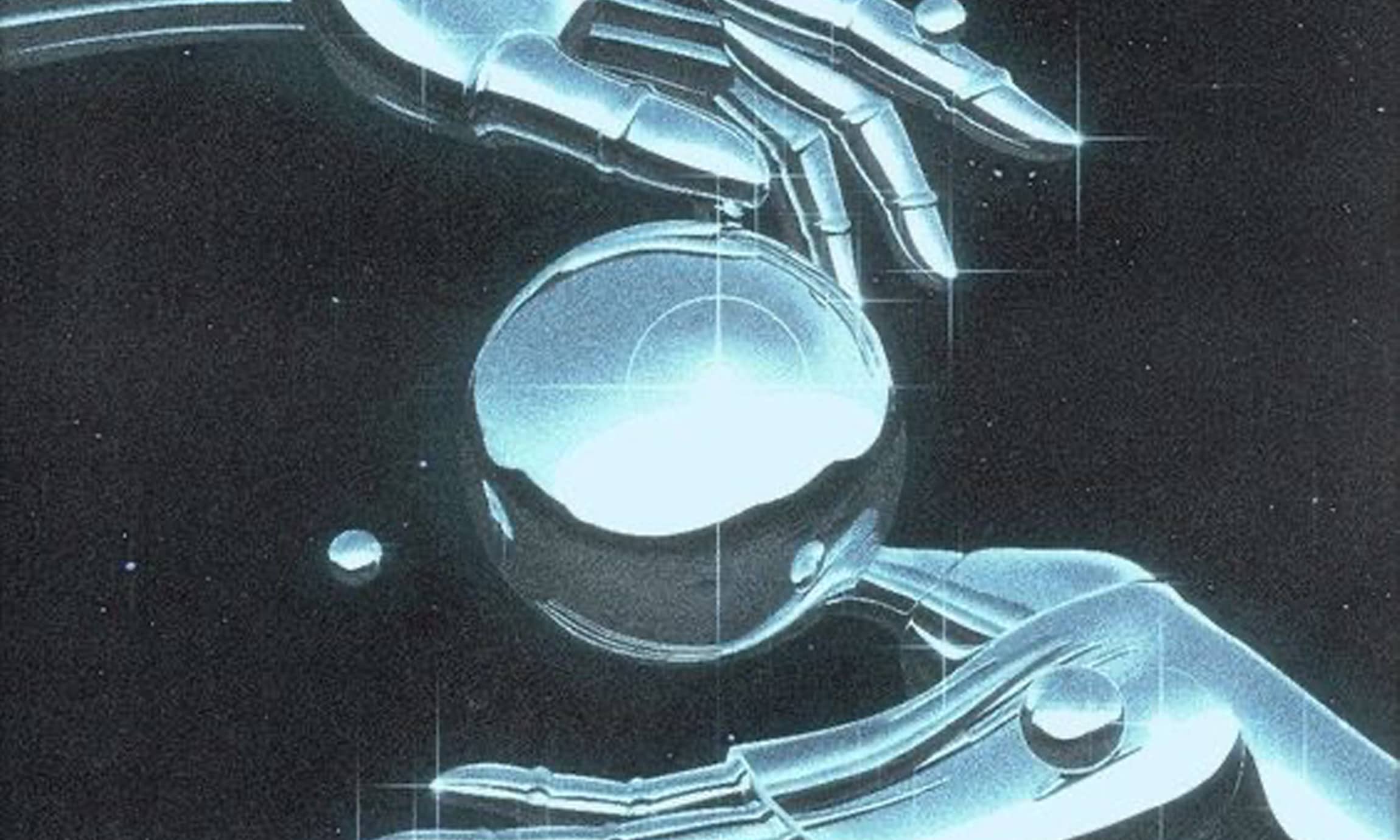
How butchphobia is thriving on Lesbian Tiktok
Various terms are coined to describe lesbians whose gender expressions and traits are perceived as more “masculine”, with each their specificities. If masc is just a way of expression, butch is a complex identity that goes beyond a specific style of clothes, with a rich history that goes back to the 1940s. Stud, which can be seen used interchangeably with butch, is however strictly specific to black lesbians and shouldn’t be used to describe white individuals. If being a butch, a stud or a masc is far from the same thing, they are all facing discrimination outside and inside queer communities, which I will broadly refer to as butchphobia. Butchphobia is not a recent phenomenon, yet online discourses have brought back a lot of hatred towards masculine-presenting lesbians, with Tiktok being one of its epicenters.
As a platform in itself, Tiktok has been criticized ever since its creation, for inherent flaws in the way it functions. TikTok's algorithm in particular has been infamous for its biases. Shadow banning might be a word you’re familiar with: It’s the practice of many social media platforms, which consists in hiding the content of certain creators without banning them directly, resulting in a lack of visibility and thus isolation. Many black creators, and more broadly socially marginalized creators have been victims of Tiktok’s shadowbanning, their short videos never showing up on people’s For You Page.This invisibility treatment is equally the first form of butchphobia that can be witnessed on the platform, masculine presenting lesbians being often given way less visibility than their femme counterparts.
This phenomenon is not exclusive to Tiktok, as masculine-presenting lesbian representation in media is rare. The few we can think of, like Big Boo from Orange is the New Black, are usually cliché and negative, her character often painted as trashy and undesirable.This bigoted portrayal of masculine-presenting lesbians is at the heart of many “funny” Tiktoks that you will stumble upon if, like me, Tiktok’s algorithmc ategorizes you as a young lesbian.
Indeed, a lot of lesbian and sapphic Tiktok creators are capitalizing on their hatred towards masculine-presenting lesbians, each one of their new videos having the same laughing target. From the “hey mama” trend, which consisted in mocking masc lesbians and comparing them to fuck boys, to the systematic association between butchness and harmful masculinity, and thus predatory practices, butchphobia is omnipresent within the queer community. Masculine-presenting lesbians are constantly being compared to cisgender men and their physical appearance is often mocked for not fitting gendered stereotypes.
Being gender-nonconforming, masculine-presenting lesbians have always been suffering more from direct discrimination. Those Tiktok videos perpetuate this discrimination and instill dangerous discourses and beliefs. The revulsion and hatred towards butchs,masc, studs, and more are rooted in racism, classism, and fatphobia, but more importantly internalized homophobia. It is rooted in fear of being associated with masculine-presenting lesbians, and thus, with people that don’t conform to assigned gender norms. It comes from a desire to be assimilated and not be perceived as queer, by fitting the feminity norms. But this is unachievable just by being a lesbian. “Lesbians are not women”, as said by Monique Wittig, because womanhood is perceived through the political regime of heterosexuality.Trying to assimilate, if it can be understood, is playing the game of the oppressor. Masculine-presenting lesbians will never be the culprit of lesbophobia, but always the victim of a double penalty.
This has been the case ford ecades now, as butchphobia has been very present in lesbian and sapphic communities, even before Stonewall. White collar femme lesbians have always been directing their hatred towards butch and studs, which intensified during the late 70s anti-masc crusades. Many rich white lesbian feminists would demonstrate the same bigotry we can find in those recent Tiktoks, portraying butchness as misogynistic, their target being mostly working class and/or lesbians of color.
In 2022, Butch phobia is still prevalent, as much online as in real life. A recent example of this deep-rooted problem can be found in Jojo Siwa's haircut reveal back in April, and her photoshoot with Paper Magazine. Seeing butchphobia brewing in young lesbian circles on Tiktok should be a reminder of the importance of knowing your history and deconstructing your own biases. Being a lesbian will never be a pass to homophobia.
Tiktok is not all bad, and those creators speak really well about these topics. Go check them out!



































































